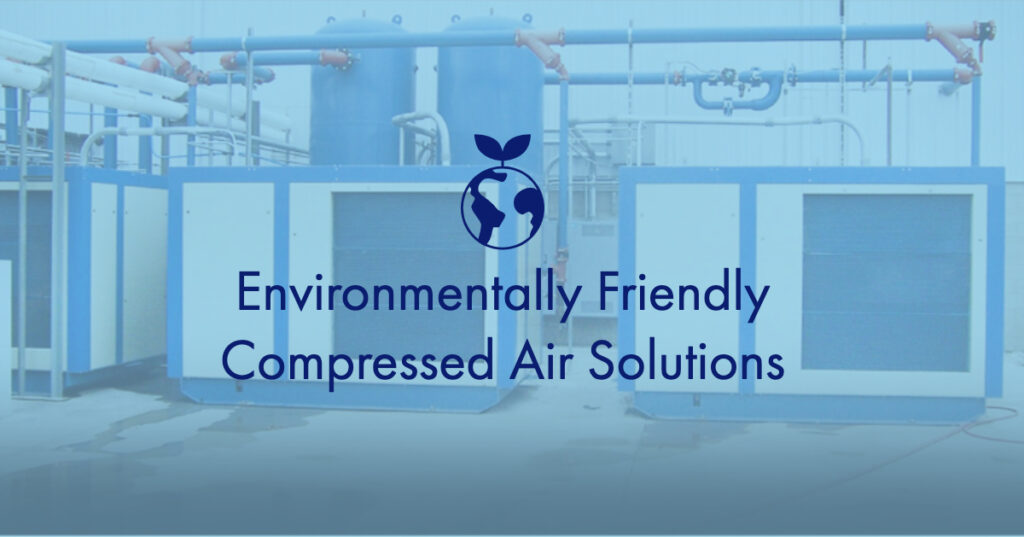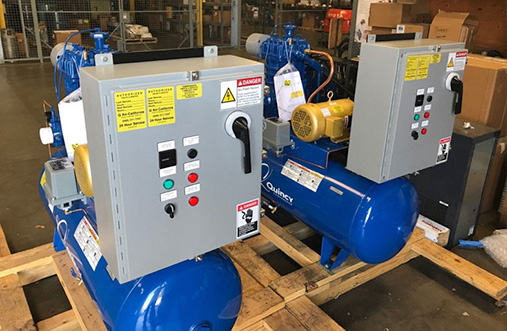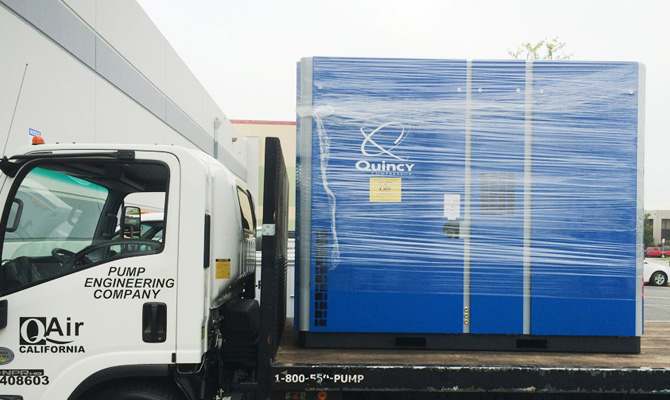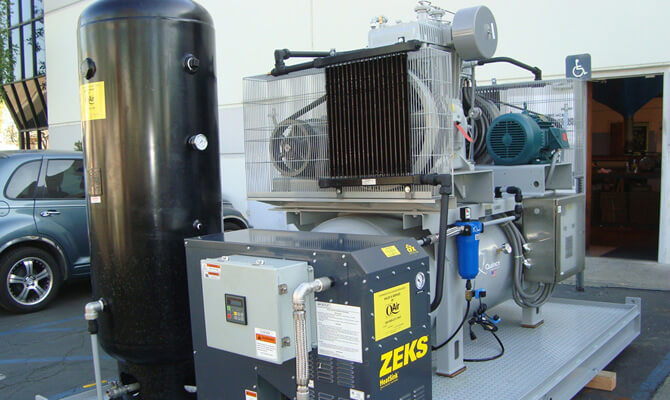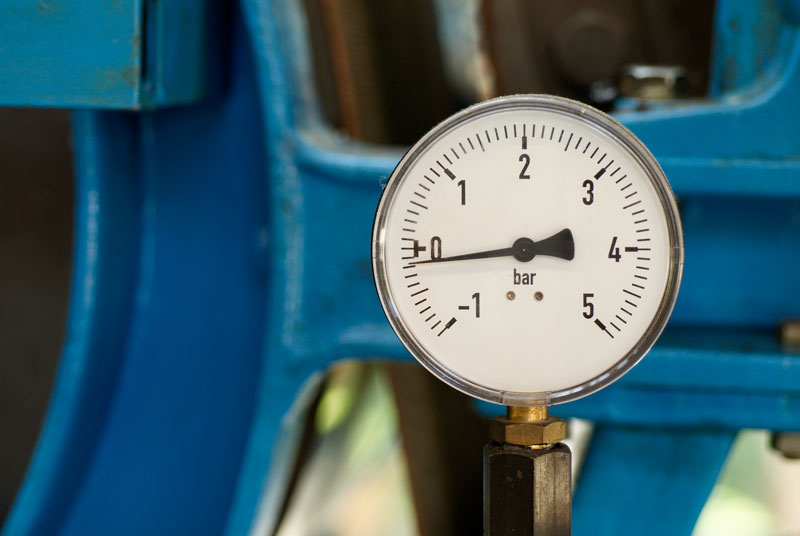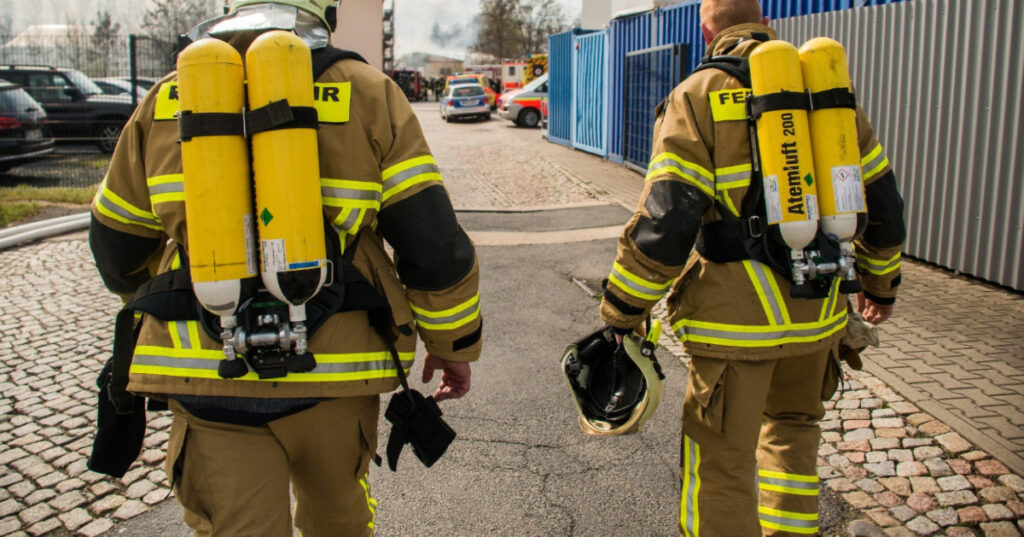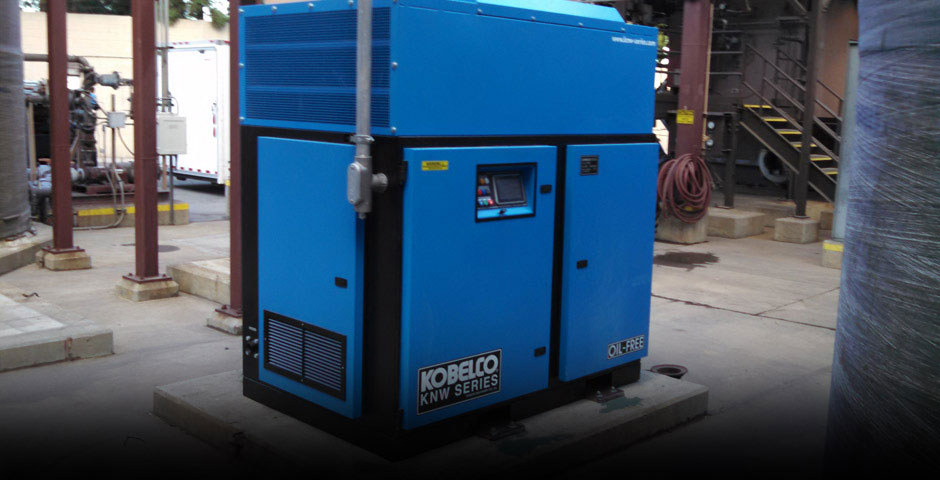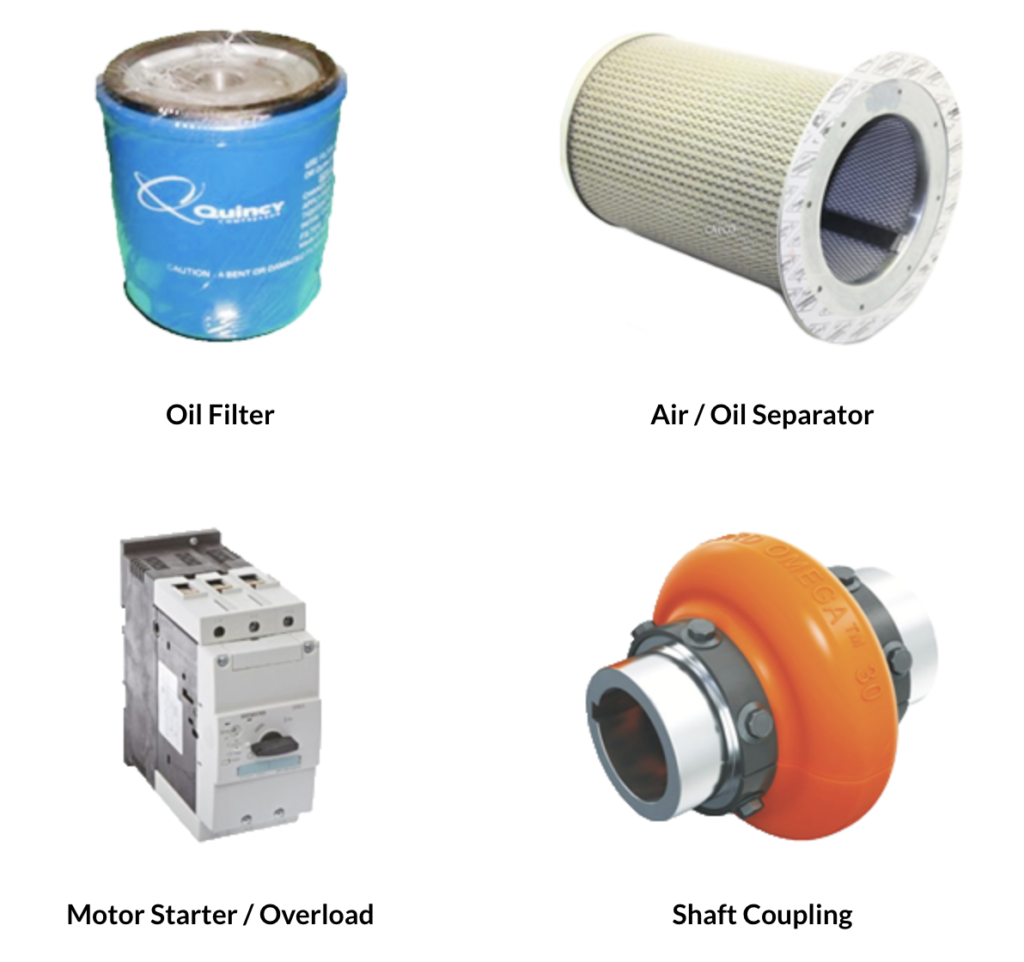
In need of high-quality air compressor parts to keep your industrial air compressor working well?
At Q Air, we supply top-of-the-line air compressor parts to ensure your machine runs efficiently. Check out our supply by contacting our team of air compressor experts in Southern California today.

